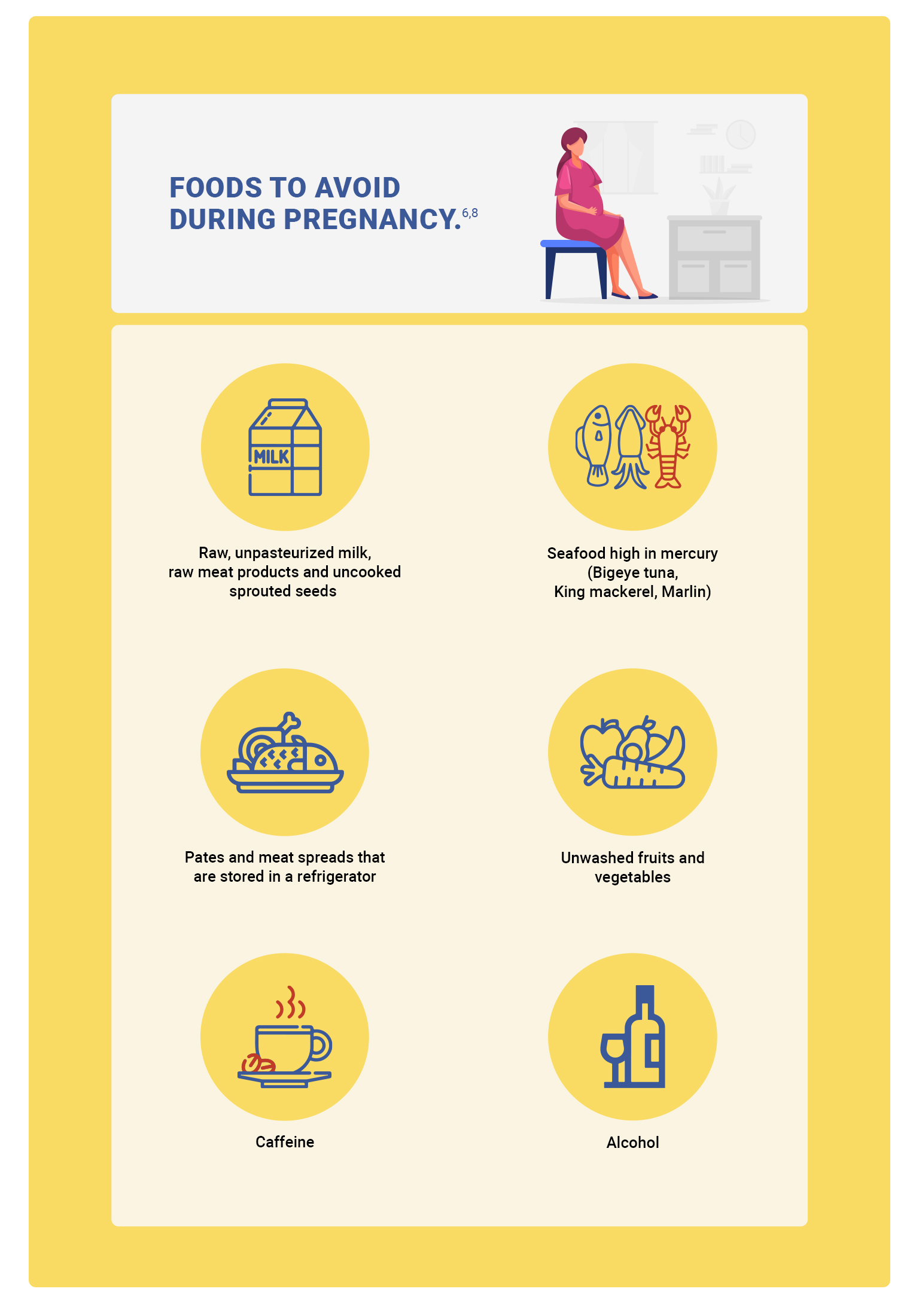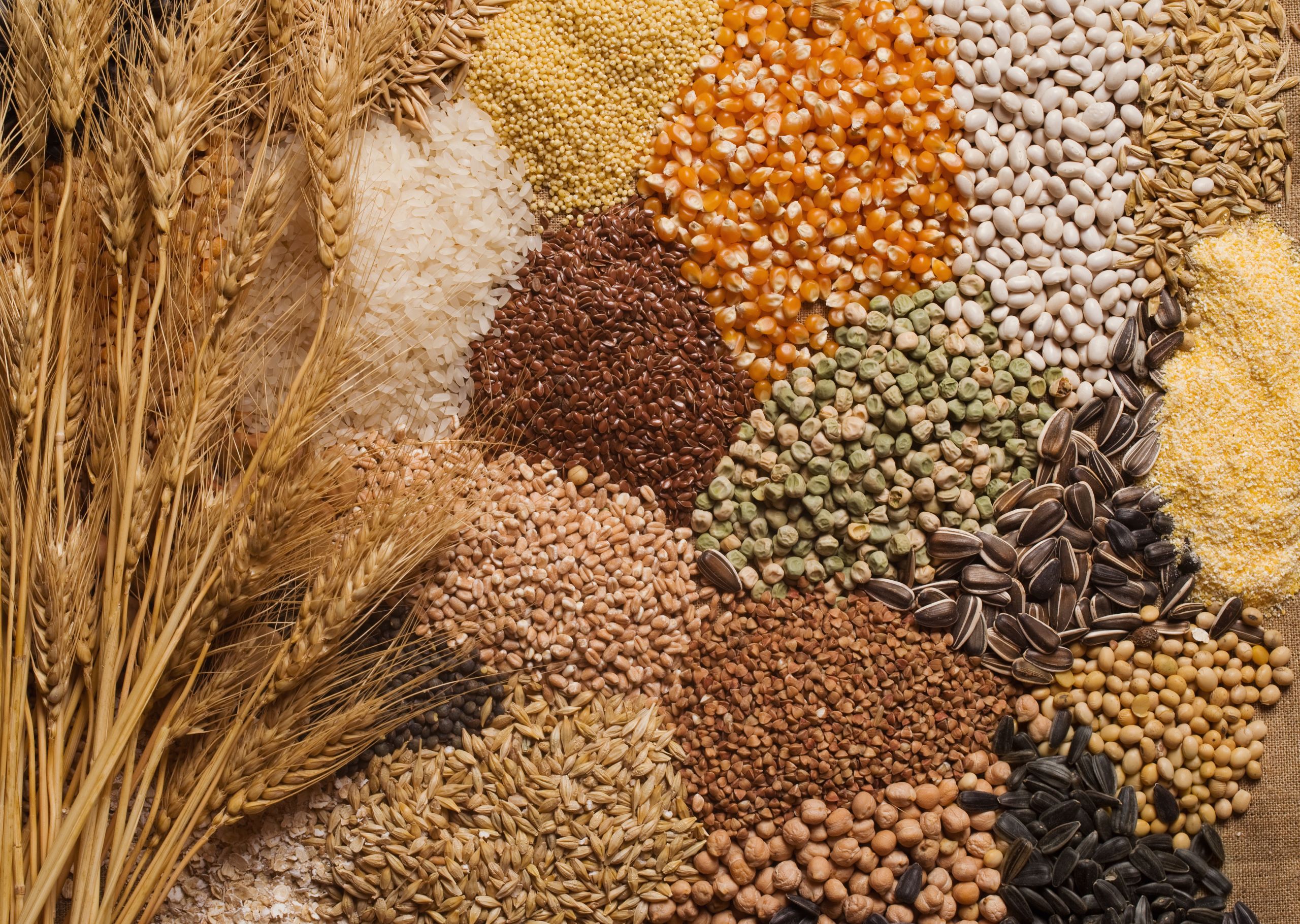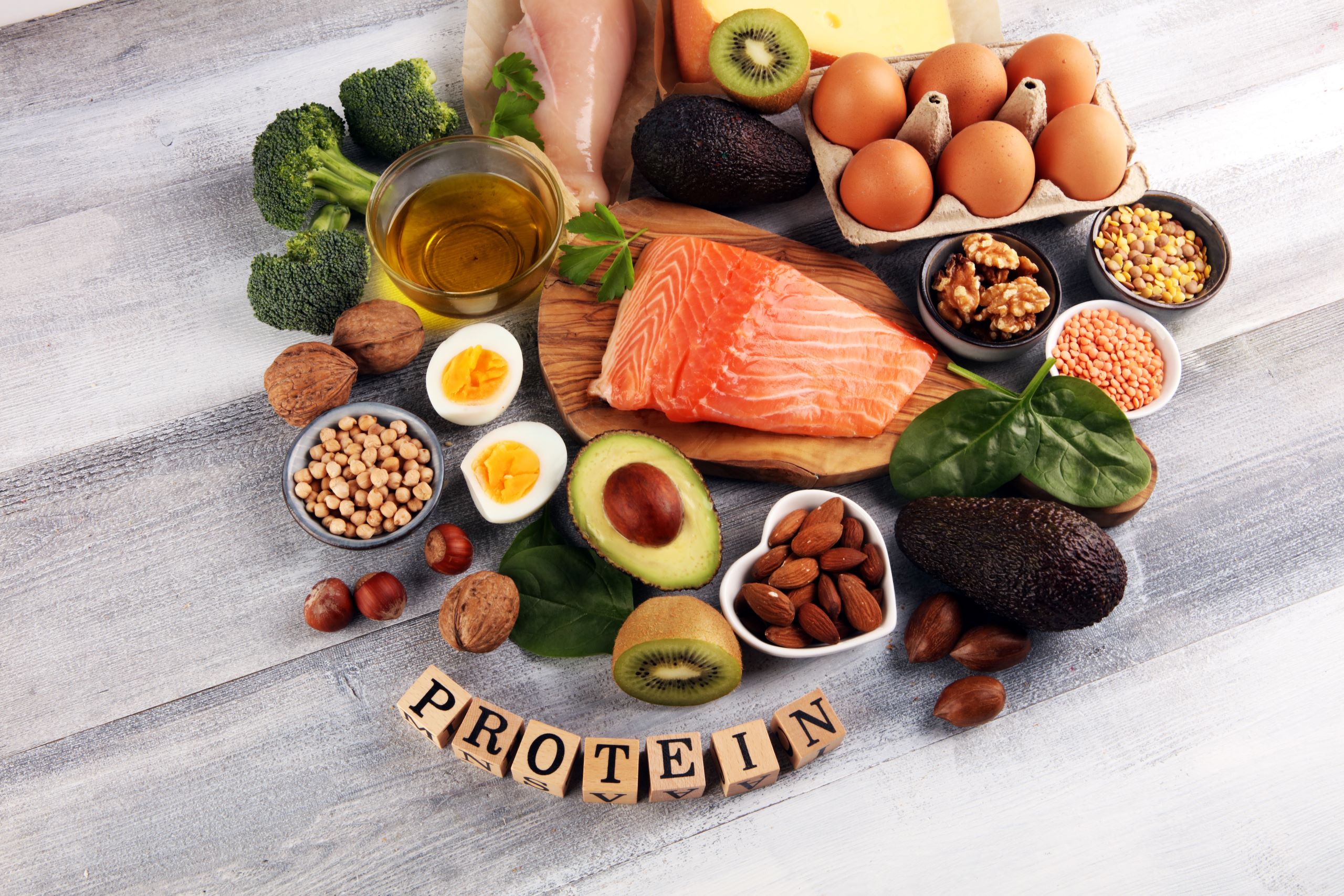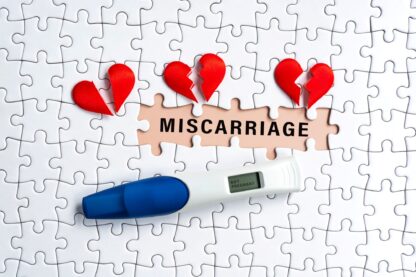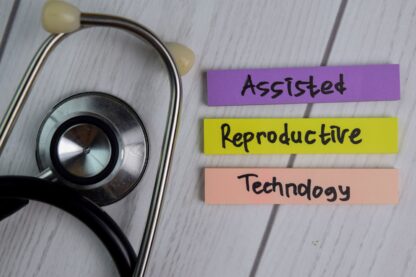Maintenance of Pregnancy
3 mins read
Nurturing the Miracle Within - Your Journey to Radiant Pregnancy Wellness
Knowing that you’re pregnant is an exciting and joyous time, filled with planning and anticipation for your baby’s future. It might also be a time filled with questions and concerns — pregnancy leads to many changes in your body as your fetus grows. With all these changes, it’s vital to stay healthy and work with your doctor to find what works best for your individual pregnancy.1
The first trimester1
A healthy first trimester is vital to your baby’s development. You may not be presenting much on the outside yet, but on the inside, your baby’s major body organs and systems are forming.
The second trimester1
The second trimester marks a turning point for you and your baby. You will likely start to feel better as physical symptoms more common during the first trimester, like nausea and morning sickness, begin to subside, and you will start showing the pregnancy more. Your baby has developed all its organs and systems and will begin growing in length and weight.
The third trimester1
The third trimester marks the home stretch, as you prepare for the delivery of your baby. Your baby will continue to grow in length and weight.
Common tests during pregnancy2
Your health care provider may recommend a variety of screenings, tests, and imaging techniques during your pregnancy. These tests are designed to provide information about the health of your baby and may help you optimize your child’s prenatal care and development.
- Genetic screening
- Ultrasound
- Amniocentesis
- Chorionic villus sampling
- Fetal monitoring
- Glucose testing
- Group B strep culture
If you're healthy and have no complicating risk factors, most health care providers will want to see you:3
- every 4 weeks until the 28th week of pregnancy
- then every 2 weeks until 36 weeks
- then once a week until delivery
Staying hydrated during pregnancy3
It's important to drink plenty of liquids, especially water, during pregnancy. A woman's blood volume increases dramatically during pregnancy. Drinking enough water each day not only helps prevent dehydration, but also constipation, a common problem during pregnancy.3
What else should I know?3,4,5
To take great care of yourself and your baby during your pregnancy, follow these basics:
- Don't smoke, drink alcohol, or use drugs
- Get enough rest
- Eat a healthy diet
- Stay physically active
- Keep track of any unusual symptoms, such as bleeding, severe abdominal pain, or other signs of complications
It's also important to take precautions and know about:
- medicine safety
- food safety
- vaccines
- exercise safety
6 Foods to Eat for a Healthy Pregnancy6,7
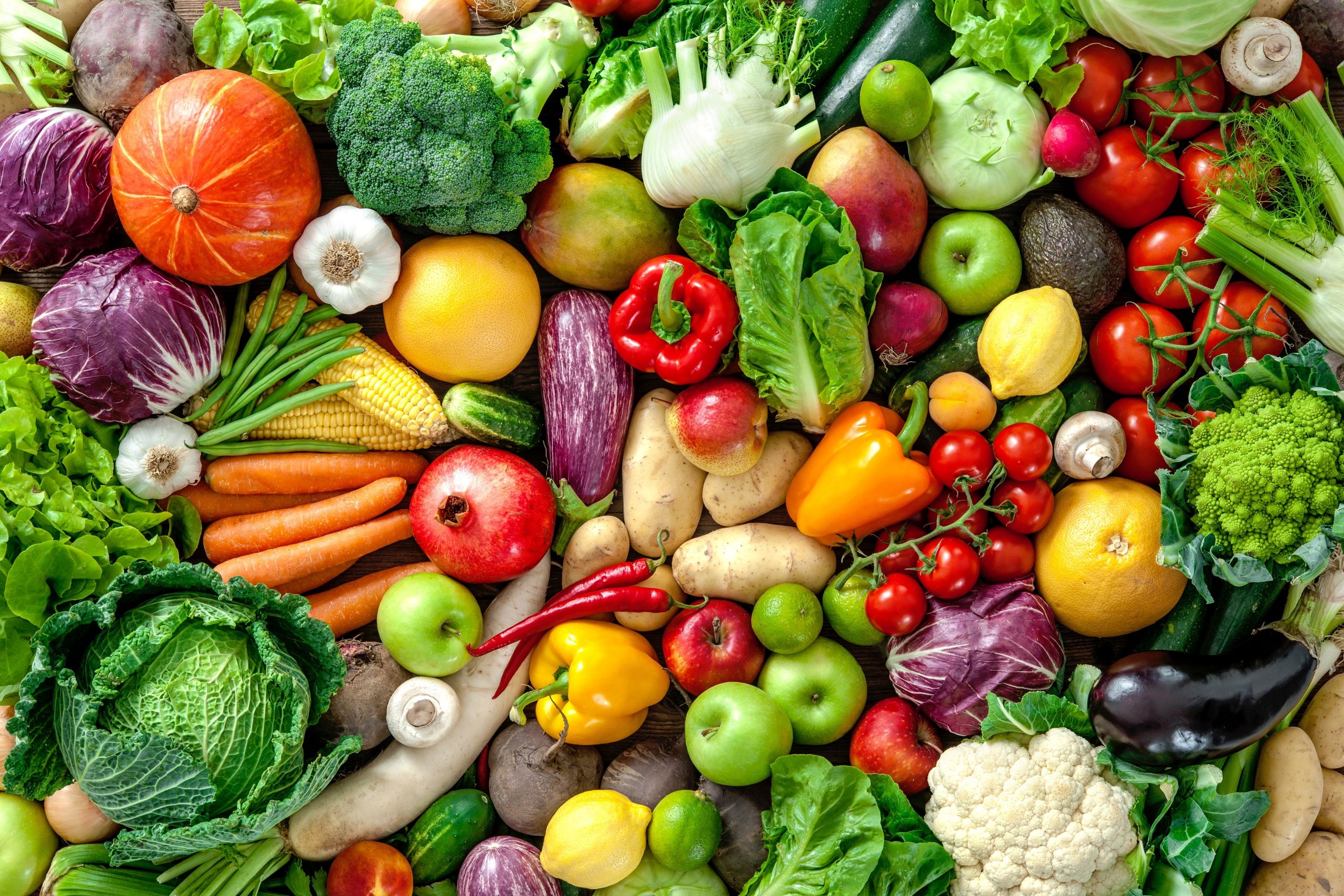
Vegetables
2
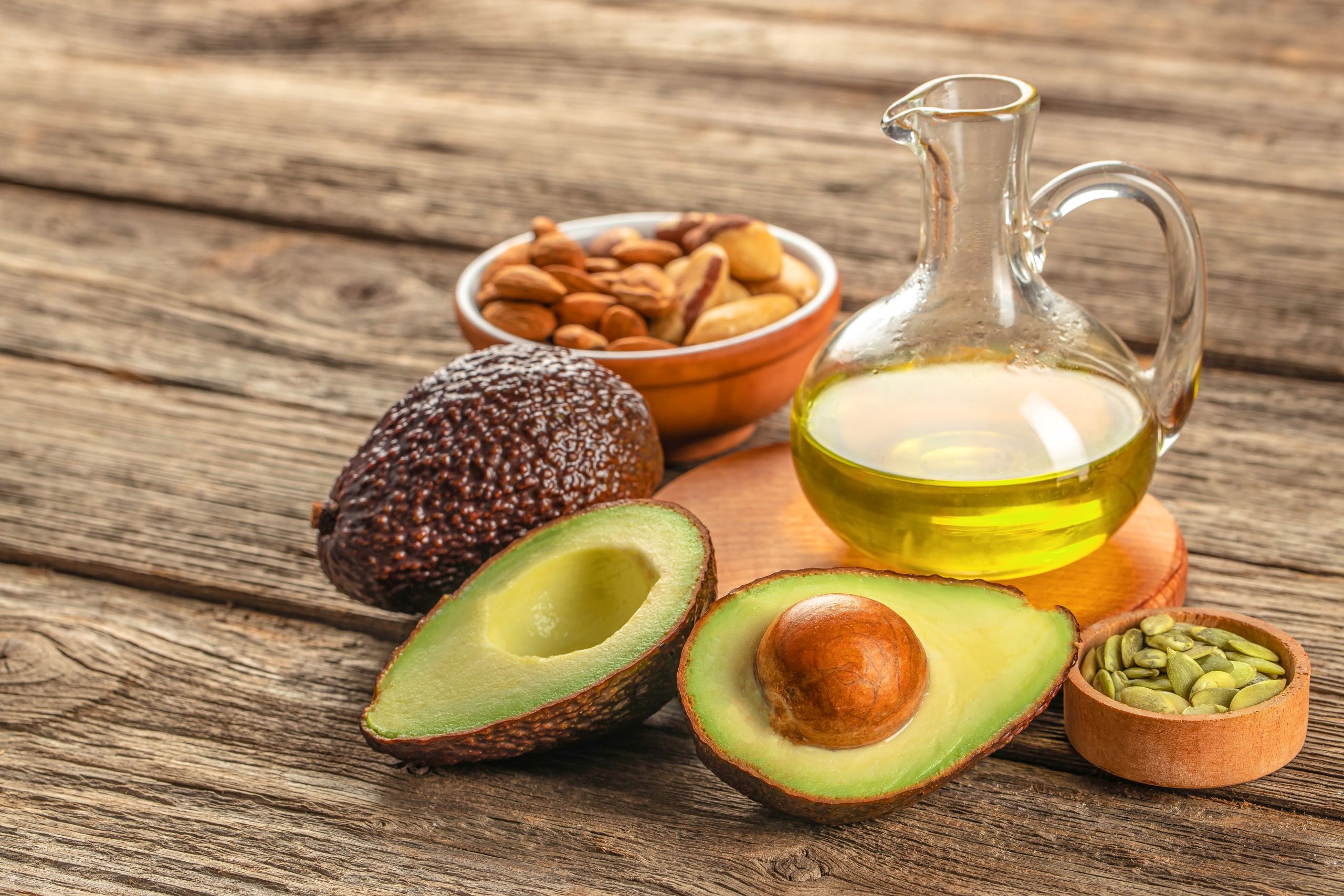
Oils and fats
6

